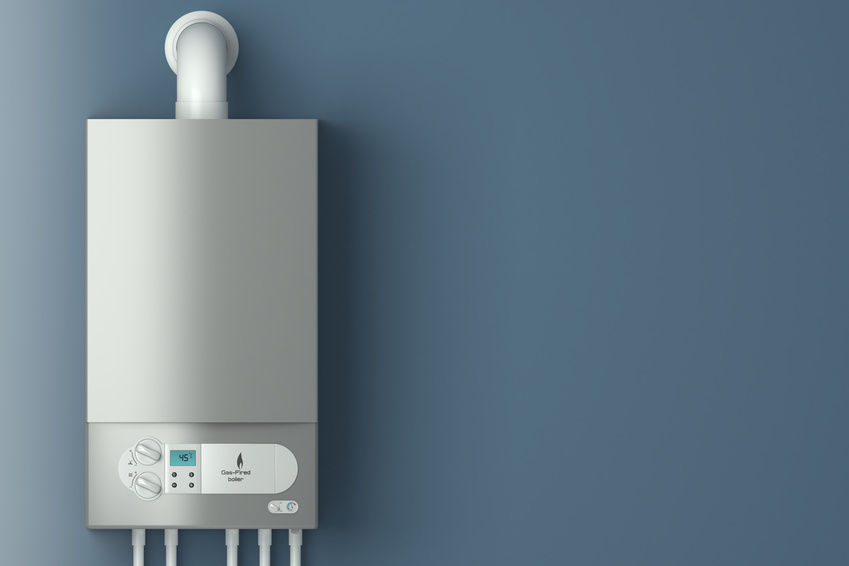How Much Does It Cost To Change a Boiler?

Cost to Change a Boiler
| Job | Description | Labour |
| 1 | So, you want a new wall hung, standard (connected to your hot water cylinder) gas boiler in the same position as the old one. That’s 2 men 1 day, plus tipping and materials. | £1000 |
| 2 | Oil? There are wall hung ones around but it will cost an additional £400.00 | £1400 |
| 3 | You want to replace the standard boiler with a combi. Plus empty all the loft tanks and pipework and remove the hot water cylinder. That’s 2 men 2 days, plus tipping and materials. | £1450 |
| 4 | Oil? Not a combi on the wall I’m afraid and expect an additional £1000 to the above price | £2450 |
Information Sheet on Boiler Replacement
Boiler Fitting! Well are you in for a treat! You are about to swap that 15 year old puffing billy for a brand new super efficient CONDENSING boiler. It’s a legal requirement! The government must have been having an off day, they have actually done something sensible for once.
I fitted an oil fired one recently in deepest Yorkshire. It cost an astronomical amount of money but do you know what? It has an efficiency of 98.9%, that means that for every quid’s worth of oil pumped through it, only 1.1p goes up the chimney.
Hopefully you live somewhere sensible, somewhere with a gas supply. Your new boiler will be half the price of an oil one, be just as efficient and it should go in the same place as the existing boiler, if it’s near an outside wall.
It needs an outside wall because it will bleed condensate all the time. This is basically just waste water created by the condensing process, (Coming back to you now is it? Those days dreaming about playing for England in science classes…… condensation creates water…).
This has to be taken away either to an internal pipe (lavatory waste pipe), or an outside gulley (drain) or a specially constructed soakaway. It can’t be allowed just to drip onto the garden or path.
So if you are replacing an existing boiler, the only real problem you will have, is if you wanted a new condensing back boiler in a chimney breast in the centre of the house. I don’t think anyone even makes one.
If it’s gas, the fitter will have to be Gas Safe registered, if oil it’s OFTEC. Electric boilers (they do exist) being 100% efficient don’t have flames or chimneys and don’t need to be condensing.
I say electric boilers are very efficient and they are, but the on peak electricity they use is comparatively expensive. (You want your heating on, in the day and evening, and those are peak times).
However the latest ones heat water at night (off peak) and use it during the day but it still needs an on peak boost. Anyway, electric boilers must be fitted by NICEIC approved installers.
What if you want to replace your existing standard boiler with a condensing “combi” (combination boiler). These don’t need a hot water cylinder, so you will have a nice empty airing cupboard. Plus you should be able to remove the water tank and all the loft pipework and forget about leaks or freezing up in winter. Or you can convert the loft without having to move tanks around.
Combis provide your hot taps with water on demand, turning on the tap ignites the boiler and instant hot water is produced.
Because of clever modern design, new boilers especially gas ones, can now be wall hung condensing combis and still be a lot smaller than your old one.
Choose the new position carefully, put it where you want it. Fanned flue boilers, which most now are, can be placed on internal walls and the flue taken around a corner or two to the outside wall. They can be sealed away in cupboards (but what about servicing)? or stuck up in lofts or garages. Oil boilers can even be sited in special cabinets outside.
You should also seriously consider upgrading your heating controls. The more gadgets there are, the more efficient the system will be and the more money you will save.
Related Jobs
Boiler Change
Boiler Service
Boiler Flue
Central Heating Pump
Central Heating Install
Cold Water Tank
Drain Cock
Draining Down
Fit/Move Radiators
Gate Valve
Header/Expansion Tank
Hot Water Cylinder
Immersion Heater
Loft Ball Cock
Outside Tap
PCB
Radiator Bleeding
Radiator Flushing
Radiator Removal
Re- Pressurise Boiler
TRV
Thermocouple
Three Way Valve
Water Main/Stopcock
FAQs 'traffic light' guide
-
What's easy about this job…
Open or CloseLike-for-like is straight-forward.
-
What's tricky about this job…
Open or CloseChanging a system boiler to a combi requires a lot of pipe alteration.
www.buildingsheriff.com
Copyright The Building Sheriff Ltd 2017